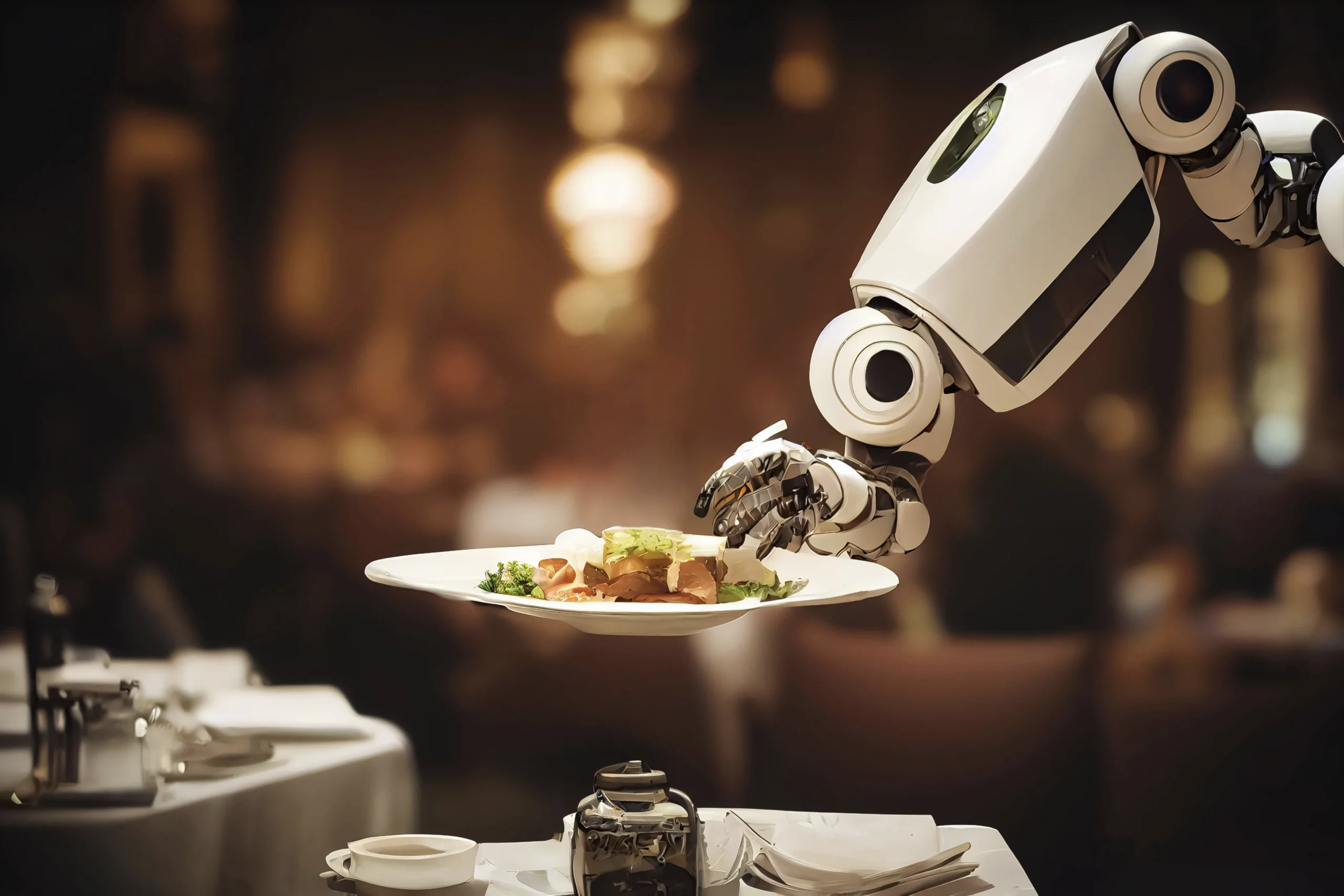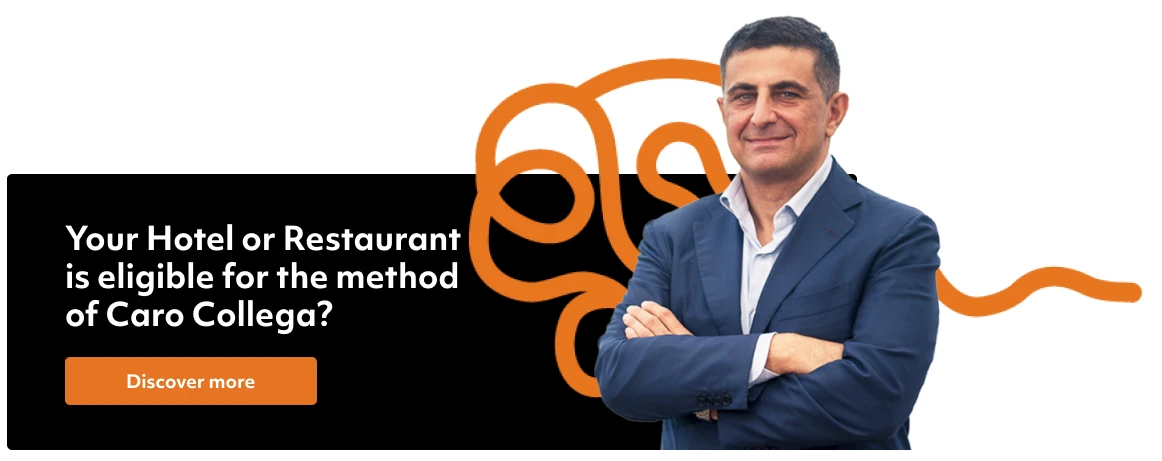At the recent AI Forward 2023 event, Bill Gates discussed the future direction of Artificial Intelligence (AI), emphasizing the potential of AI in the making of a personal assistant.
In this new era of AI, new challenges and opportunities emerge for various sectors, including the horeca industry.
Gates noted that an AI-powered digital personal assistant could outperform the competition by anticipating human needs and performing tasks that users may not have time to do.
Such tasks include reading, shopping, and conducting online research, all of which will challenge the hegemony of giants such as Amazon, Google and Microsoft itself.
It will be a real revolution based on Artificial Intelligence that will supersede the digital revolution that is still going on and lead to a real radical transformation of the hotel and restaurant industry.
I am Giancarlo De Leonardo, I have been an entrepreneur and manager of hotels and restaurants for over 20 years. For the past 5 years, I have founded Caro Collega Horeca, which is dedicated to helping hoteliers and restaurateurs generate additional revenue directly from digital marketing and technological innovation.
In this article
The Future of Horeca Industry
The race to develop a personal assistant with Artificial Intelligence (AI) can be seen as either a threat or an opportunity for any business, including the hospitality industry.
If you are reading this article, it means that you are interested in anticipating future trends and thus understanding how these assistants can revolutionize the way hotels and restaurants interact with their customers, offering a level of personalized and proactive service never seen before.
An AI assistant could anticipate customers’ needs, suggesting personalized menus based on dietary preferences, allergies or simply what they like to eat.
Assistants could also make a reservation at restaurants, organize transport or book excursions, all based on previous customer interactions and preferences.
Similarly, hotel guests could interact with the AI assistant to book rooms, request specific services, check-in and check-out, and even manage lights and room temperature.
The personalized level of service that an AI assistant could provide not only enhances the customer experience, but it might also increase the operational efficiency of the hotel or restaurant.

The Impact on Restaurants and Hotels business
In the restaurant industry, an AI-powered personal assistant could even revolutionize the way orders are taken and handled.
AI assistants could take orders, suggest dishes based on previous preferences and even manage food and drink stocks, increasing efficiency and reducing waste.
In the Hotellerie industry, moreover, they could have a significant impact on staff training and management. AI assistants might provide virtual training, monitor staff performance and provide immediate feedback, helping hotels maintain high standards of service.
However, despite the potential of these AI assistants, there are risks, as well. Gates pointed out that increasing automation could have an impact on workers, as innovation becomes cheaper than using humans.
This is particularly relevant for the hotel and restaurant industry, which is heavily dependent on a human workforce.
While the AI assistant migut increase efficiency and reduce operating costs, it could lead to job losses, too. This could have a significant social and economic impact, particularly in areas where hospitality is a key source of employment.
Furthermore, the issue of data security is another important risk factor. With the AI assistant collecting and managing huge amounts of personal data, companies need to make sure they have strong data security measures in place to protect customer information.
Next steps
Despite these challenges, the future of Artificial Intelligence in the hotel and restaurant industry looks bright. As Gates pointed out, the race to develop an AI-powered personal assistant is on, and there is a 50-50 chance that a startup will be the first to do so.
Deep Mind by Mustafa Suleyman is currently in a favorable position, but the speed at which information and innovation spread today is so great that anyone can subvert the starting positions.
Being vigilant, monitoring daily progress, having people in-house or as external consultants researching and experimenting with new situations is mandatory if you want to steer a hotel or restaurant into an ever more present future.
The Artificial Intelligence revolution offers a huge opportunity for restaurateurs and hoteliers to improve customer service, increase efficiency and remain competitive in a rapidly changing market.
In conclusion, the personal assistant with AI could be the future of hospitality, but it will be crucial for companies to strategically navigate this new era, always trying to balance innovation with data security and employee welfare.
Ultimately, what is clear is that Artificial Intelligence represents a new revolution and its impact on the horeca industry will be profound and lasting.
Gates’ talk at AI Forward 2023 offers a fascinating glimpse into what the future could look like, and enlightened entrepreneurs and managers in the hospitality industry are well advised to draw the logical conclusions.
Are you ready to take your hotel or restaurant into the near future? Stay tuned with us…
Article written by Giancarlo De Leonardo, former hotelier and restaurateur, now founder of carocollega.com

